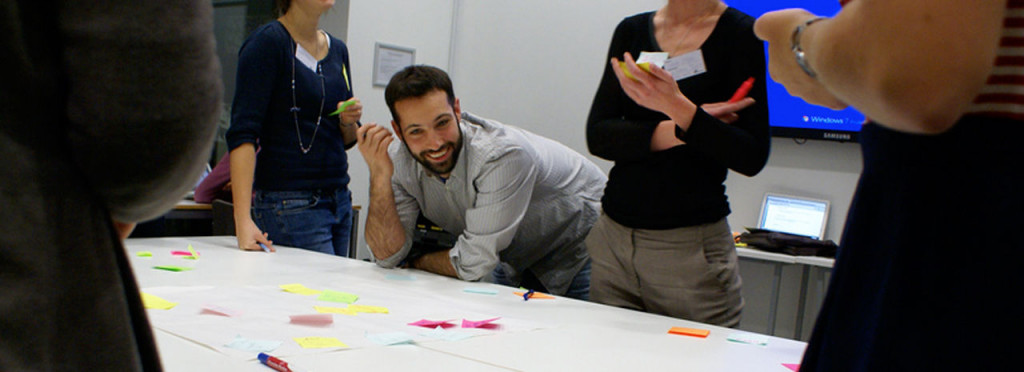Tasha spent a couple of weeks meeting with students from across the Hub network to work out what they really thought of Student Hubs and our mission to mainstream social action in UK universities. Here’s what she found…
I recently spent a few weeks chatting with students in our university Hubs, trying to work out if they agreed that we really do get more students, doing more, more effectively, for longer. While there’s no reason to rest on our laurels and I’ve certainly walked away from those talks with pages of ideas from students on how we can improve the work we do, the discussions definitely indicated that we are making a difference to how students make a difference.
One of our key strengths is that we offer a breadth of entry points for students with a variety of motivations. This is really important because it was obvious that students get involved with social action for lots of different reasons, they’re brought in through lots of different channels and they’re interested in pretty much anything you can think of. However, the communication channels we use and opportunities we offer are only half the battle, in the crowded student experience scene, breadth isn’t enough of a USP on it’s own. The students I spoke to mentioned that we offered an especially organised experience, balanced with good support and unique experiences that were attractive to students. The challenge from then is to encourage students to keep at it.
The students entirely expected that, once involved with one cause or activity, lots of students will go on to seek more ways to make a difference. They described how you discover more interests, opportunities and people by getting involved and having a supportive community of peers was especially important for keeping students motivated. At Student Hubs we try to make sure that this doesn’t happen by accident and that all students have opportunities to step up and do more – we have a fantastic staff support system who empower students to take on responsibility and leadership roles with the knowledge that we’ve got their back. Not only that, we train up student leaders to support other students and we find as many ways as possible to build communities around the issues students care about. Even so, we need to be continually using our 25 000 strong network, to keep connecting students to more opportunities.

When it comes to supporting students to take action more effectively, we already offer training and some space for reflection. Our conscious focus on this is sometimes missing in the student social action landscape and students are hungry for more. Schools Plus tutors present in discussions (as well as other committee members) seemed to be really great at actively considering ways of improving their impact and readily volunteered examples of how they went about this. This suggests that we’re on the right lines with critical engagement, but we need to support students to meditate on the impact they have achieved – and how they can continue to do so.
Lastly, when I asked students if they planned to continue their ‘social action’ journey, almost all said they had plans to carry on, which is really great. The students I spoke to saw this as a likely outcome of volunteering at university but were, however, keenly aware of the challenges of keeping motivated, finding opportunities and carving career paths in the social sector. It was clear from some discussions that Worthwhile is offering crucial direction for students who want to continue making a difference as they graduate. As student interest is most definitely there on this front, the ball is in our court now to maximise our alumni network to support more students to keep up the good work on graduation, whether that’s through their career, trusteeship, volunteering or mentoring.
